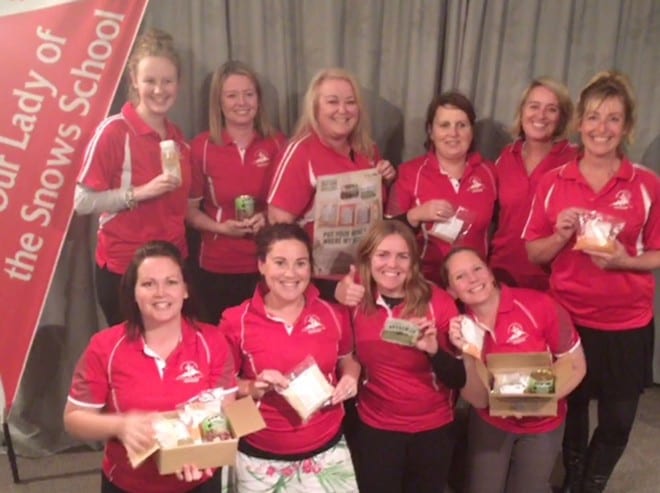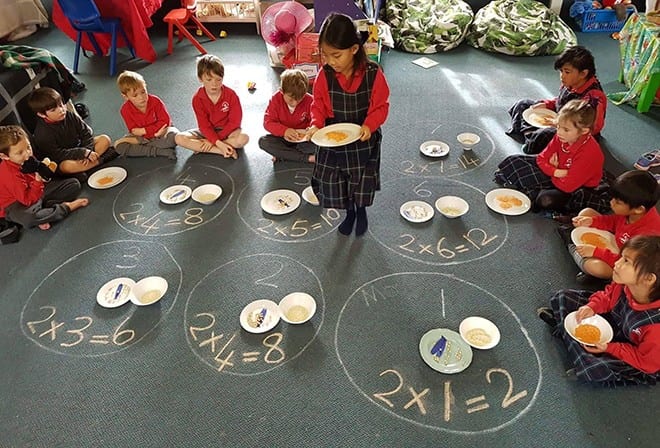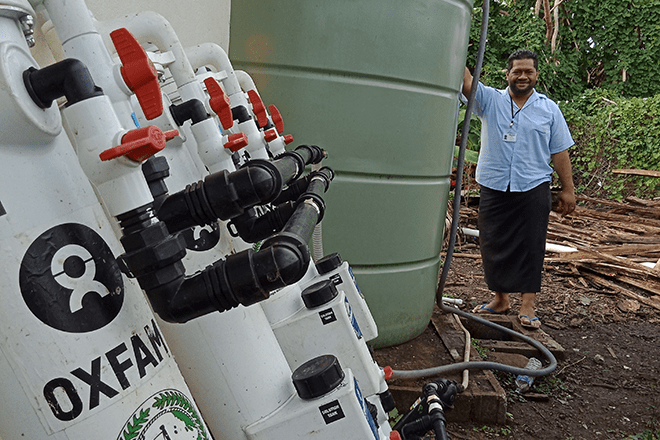New Oxfam research shows that four pharmaceutical corporations—Abbott, Johnson & Johnson, Merck & Co. (also known as MSD), and Pfizer—systematically stash their profits in overseas tax havens.
They appear to deprive developing countries of more than NZ$150 million every year—money that is urgently needed to meet the health needs of people in these countries—while vastly overcharging for their products. It is estimated that New Zealand loses NZ$21 million every year.
Read full report here.








